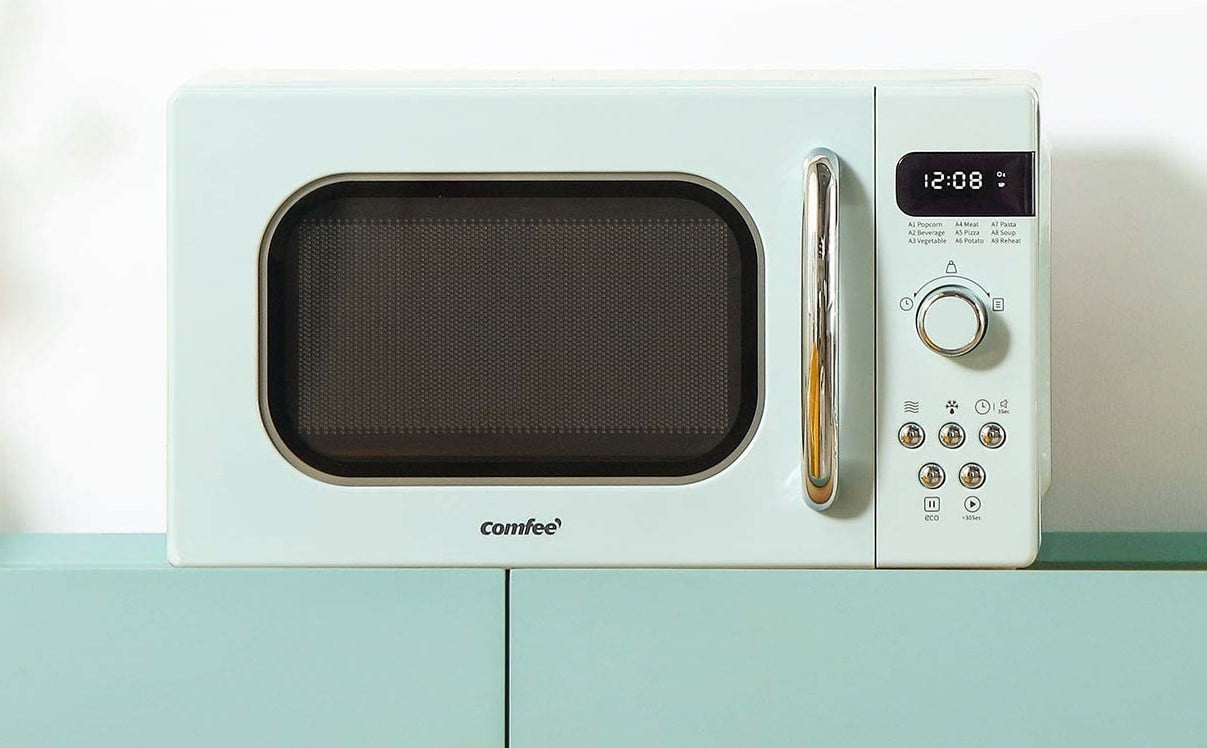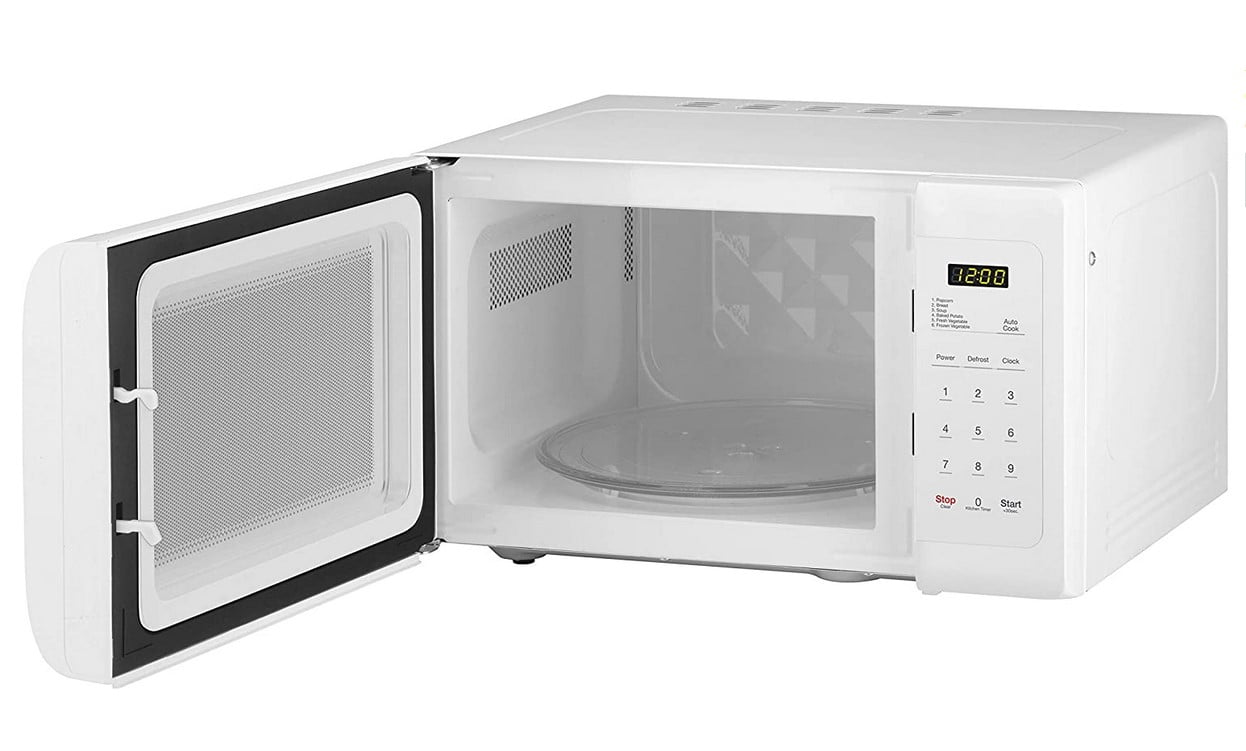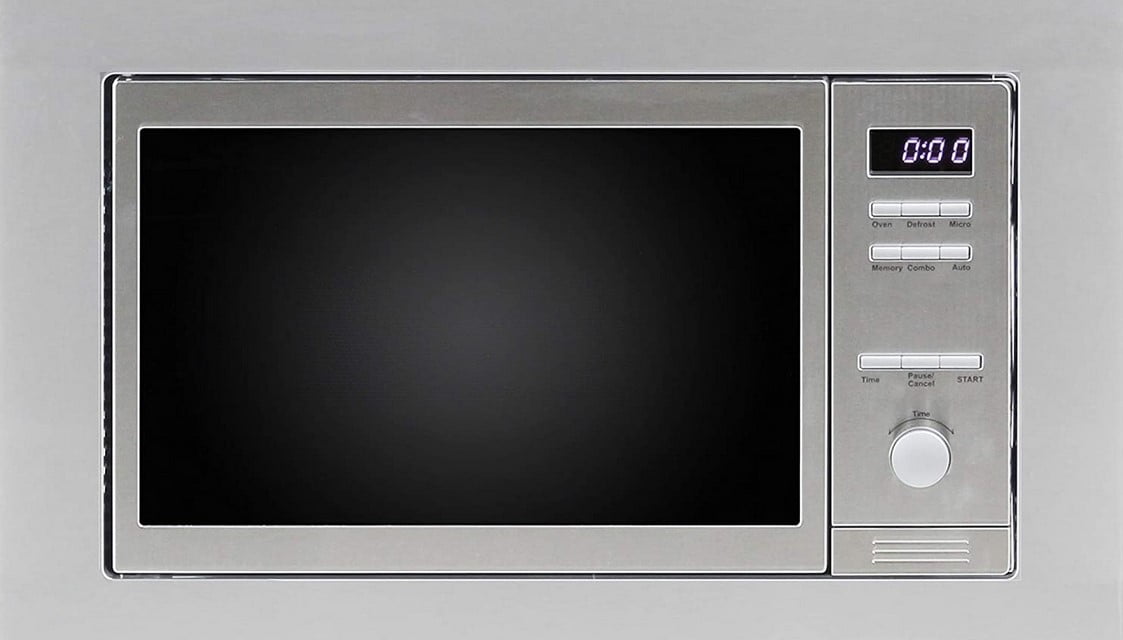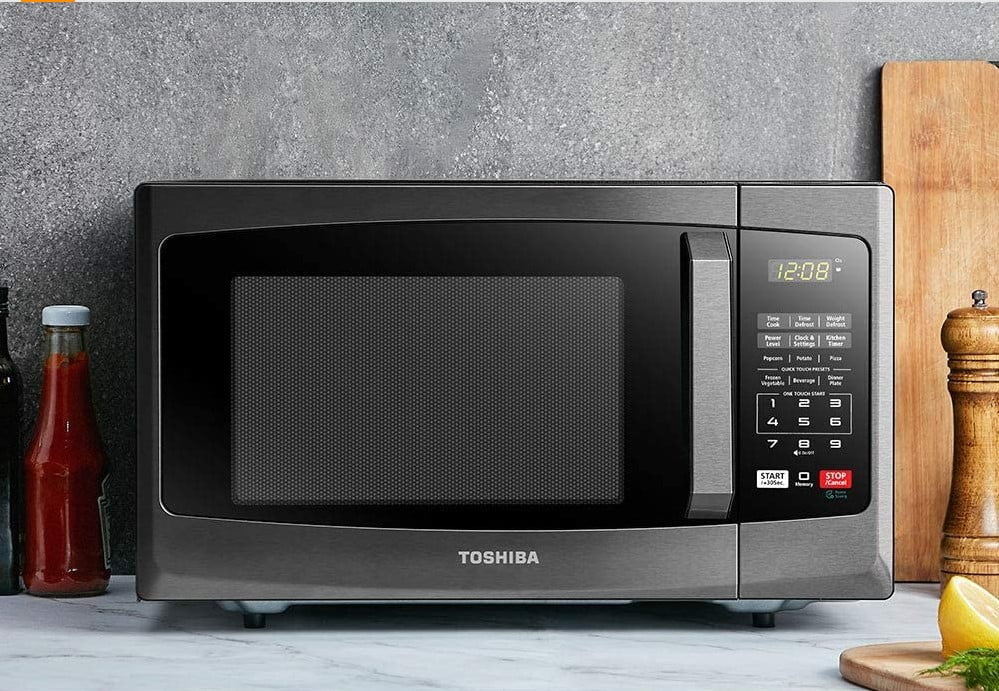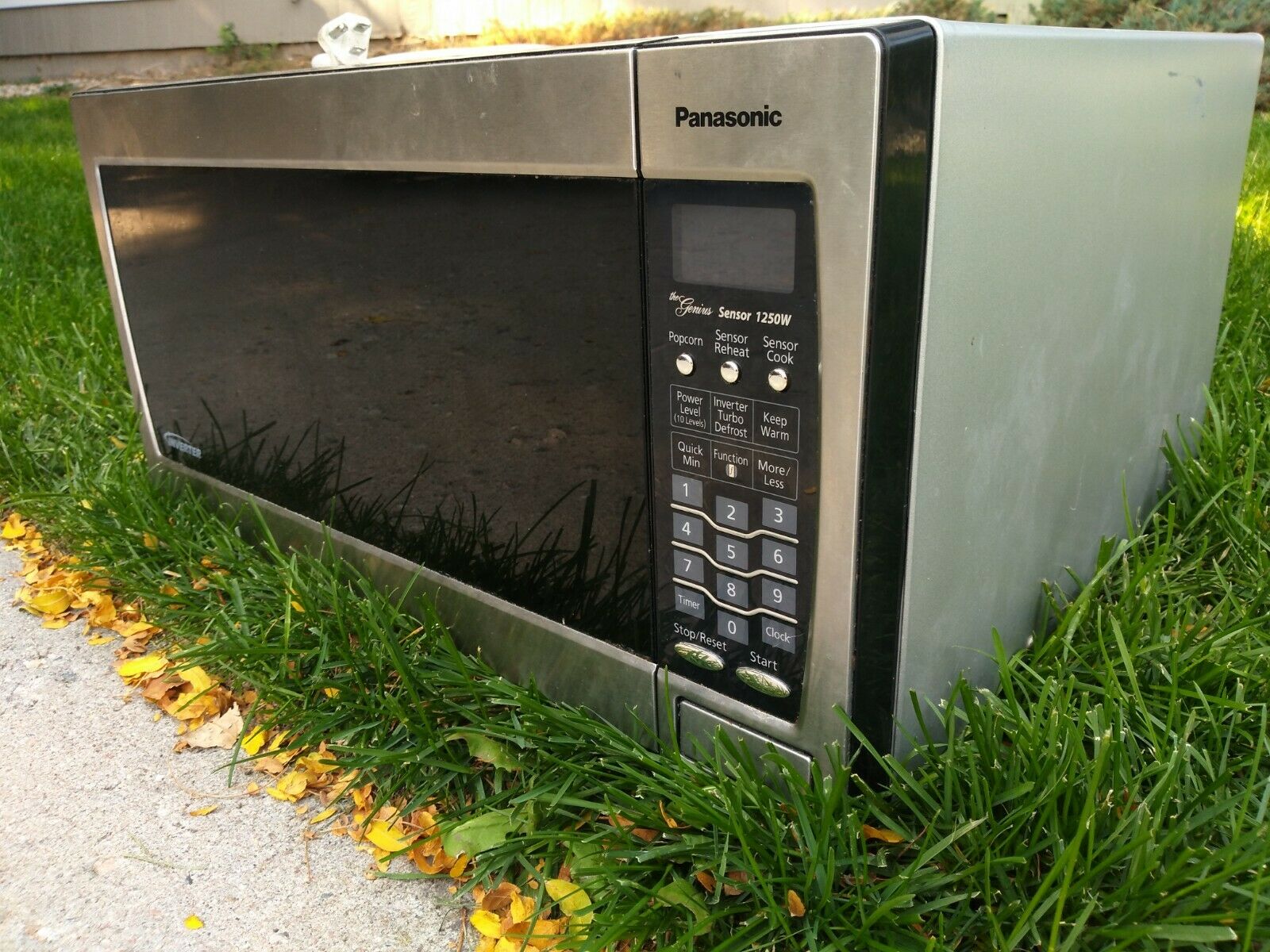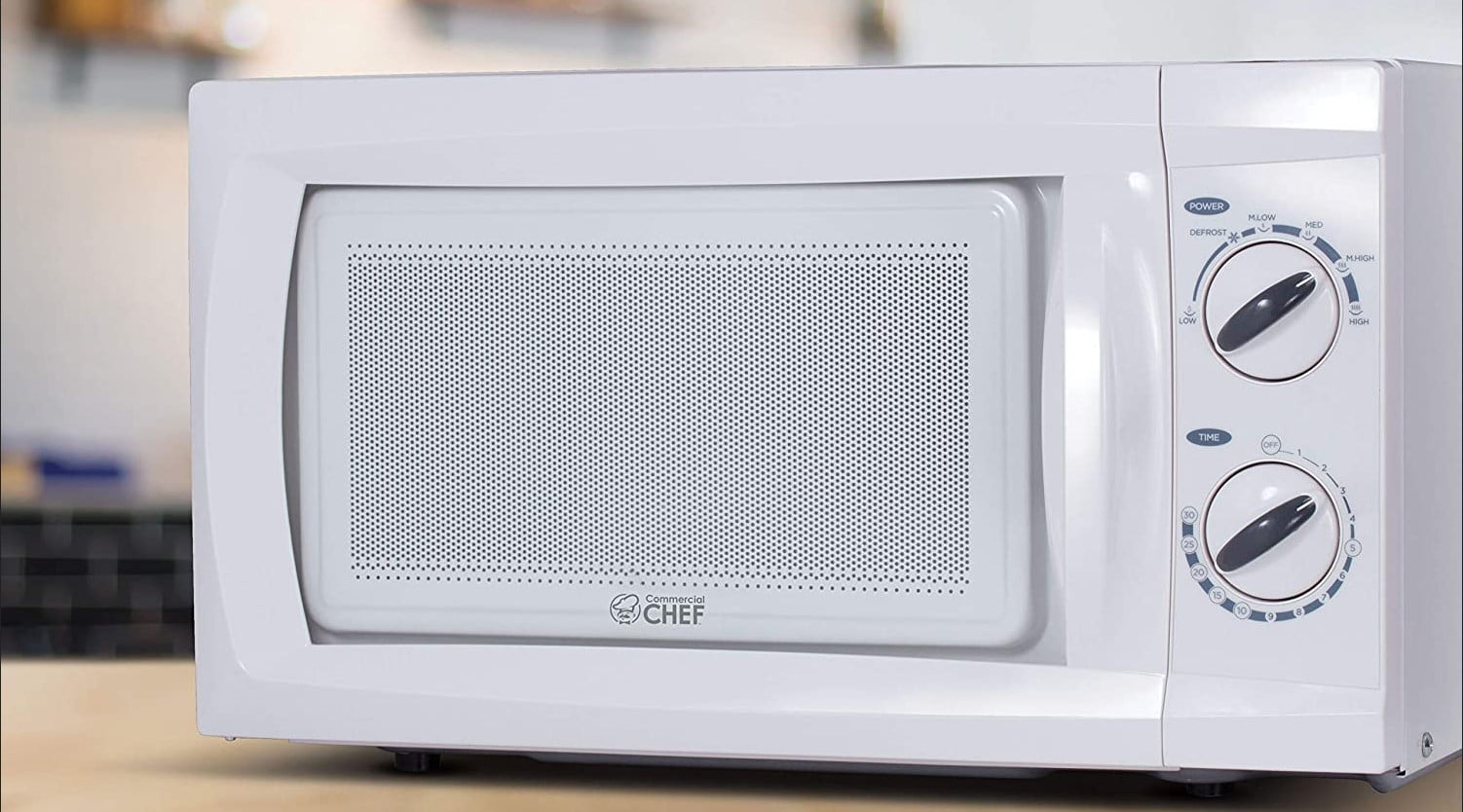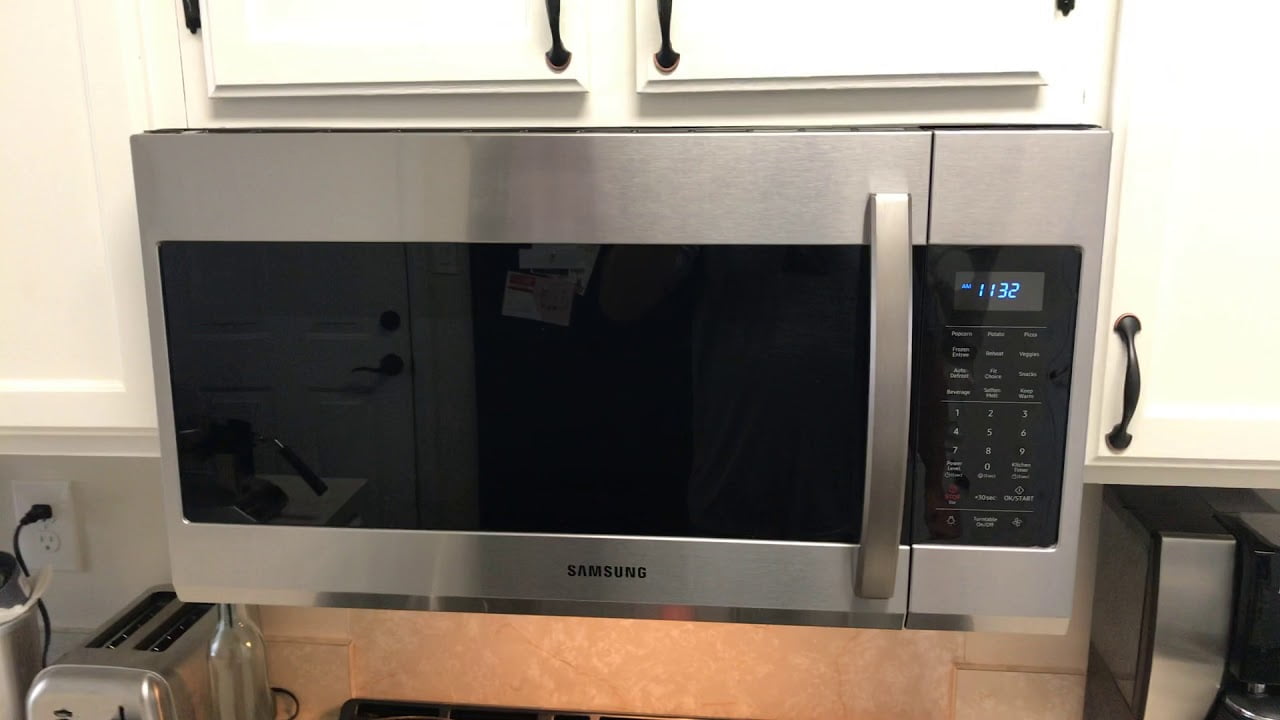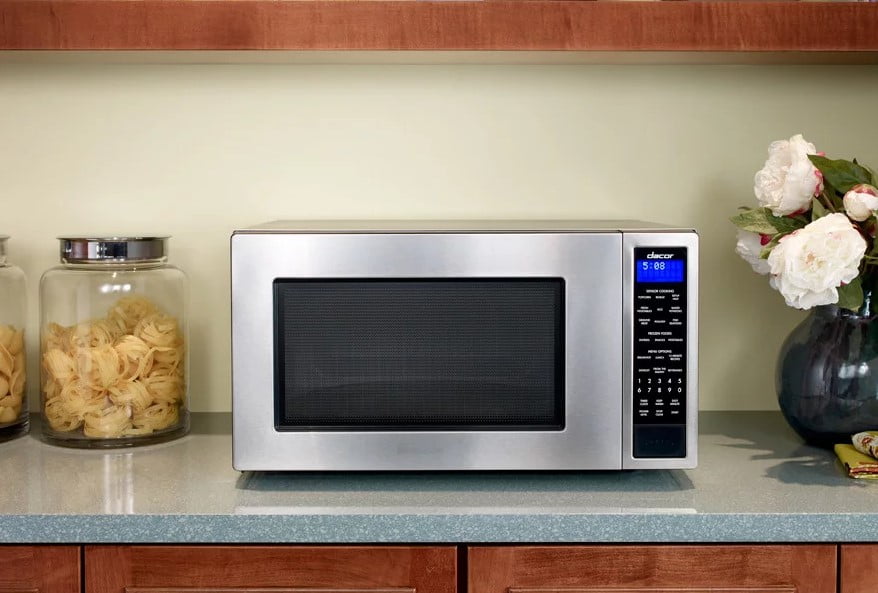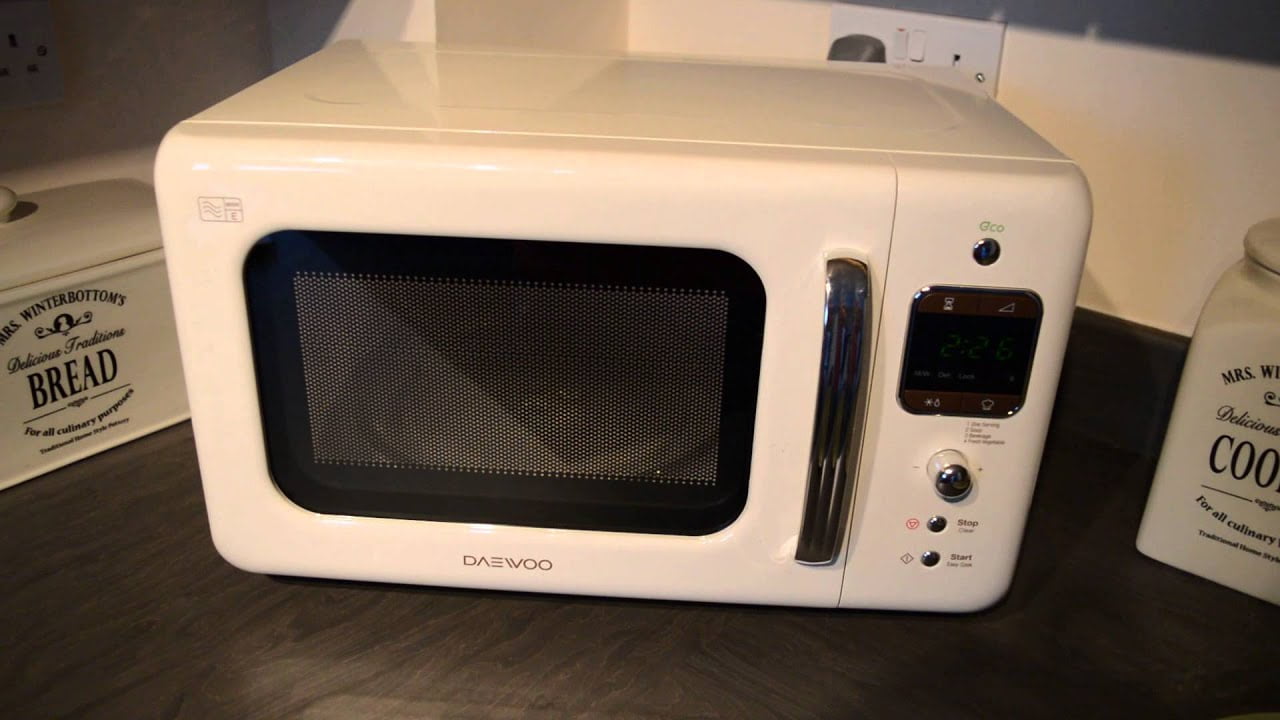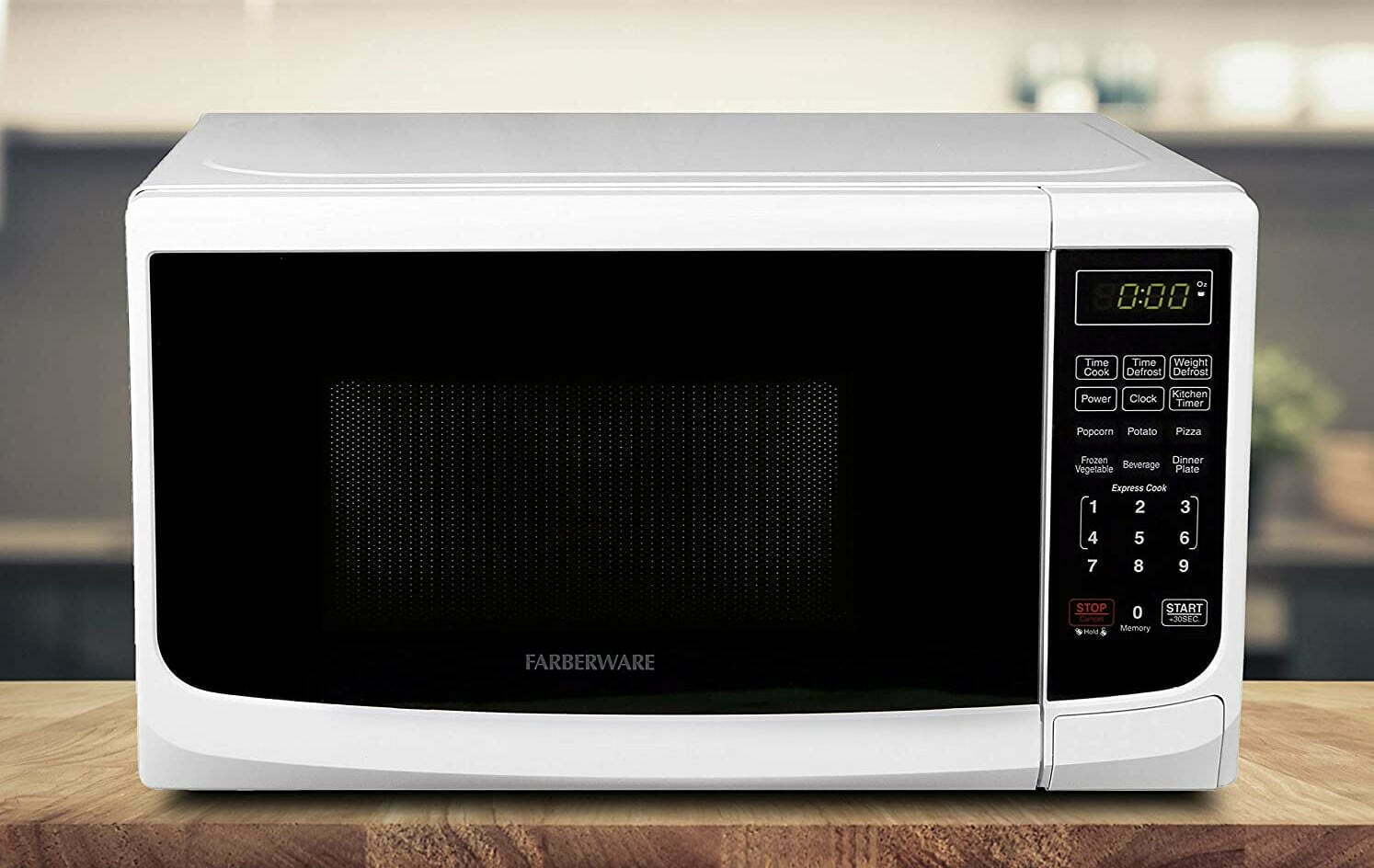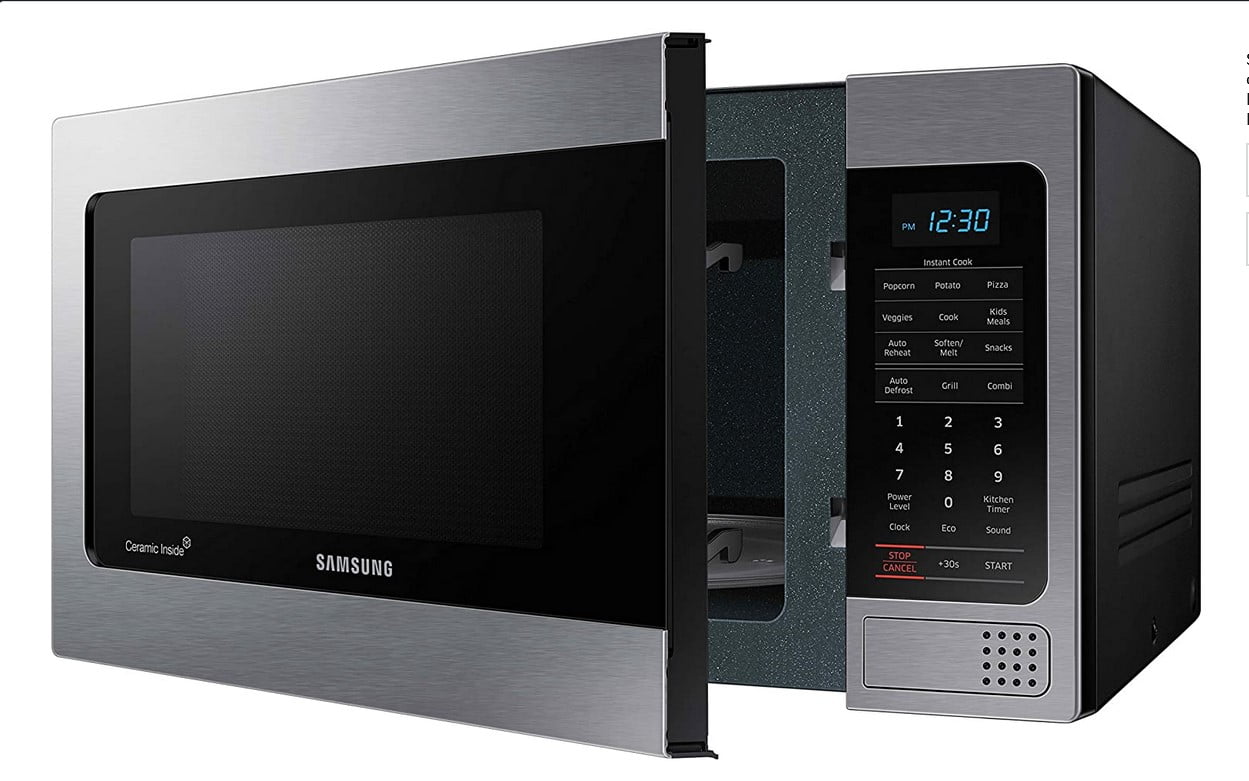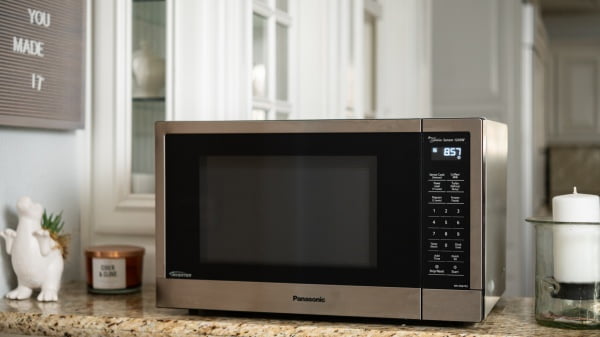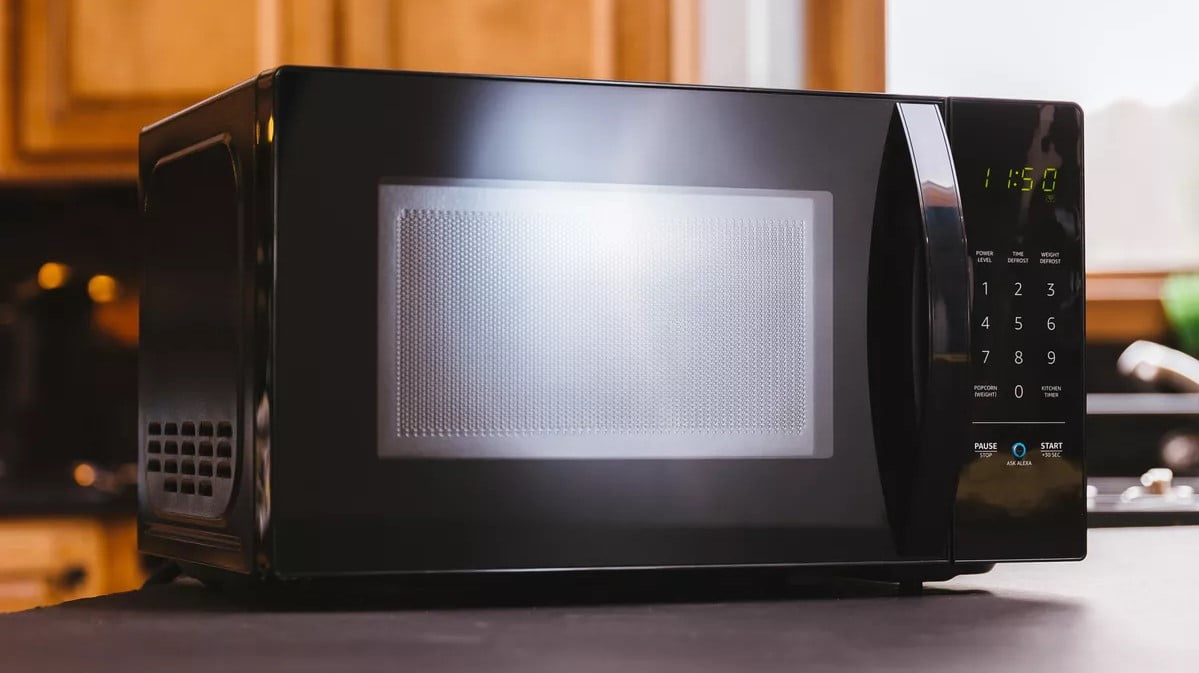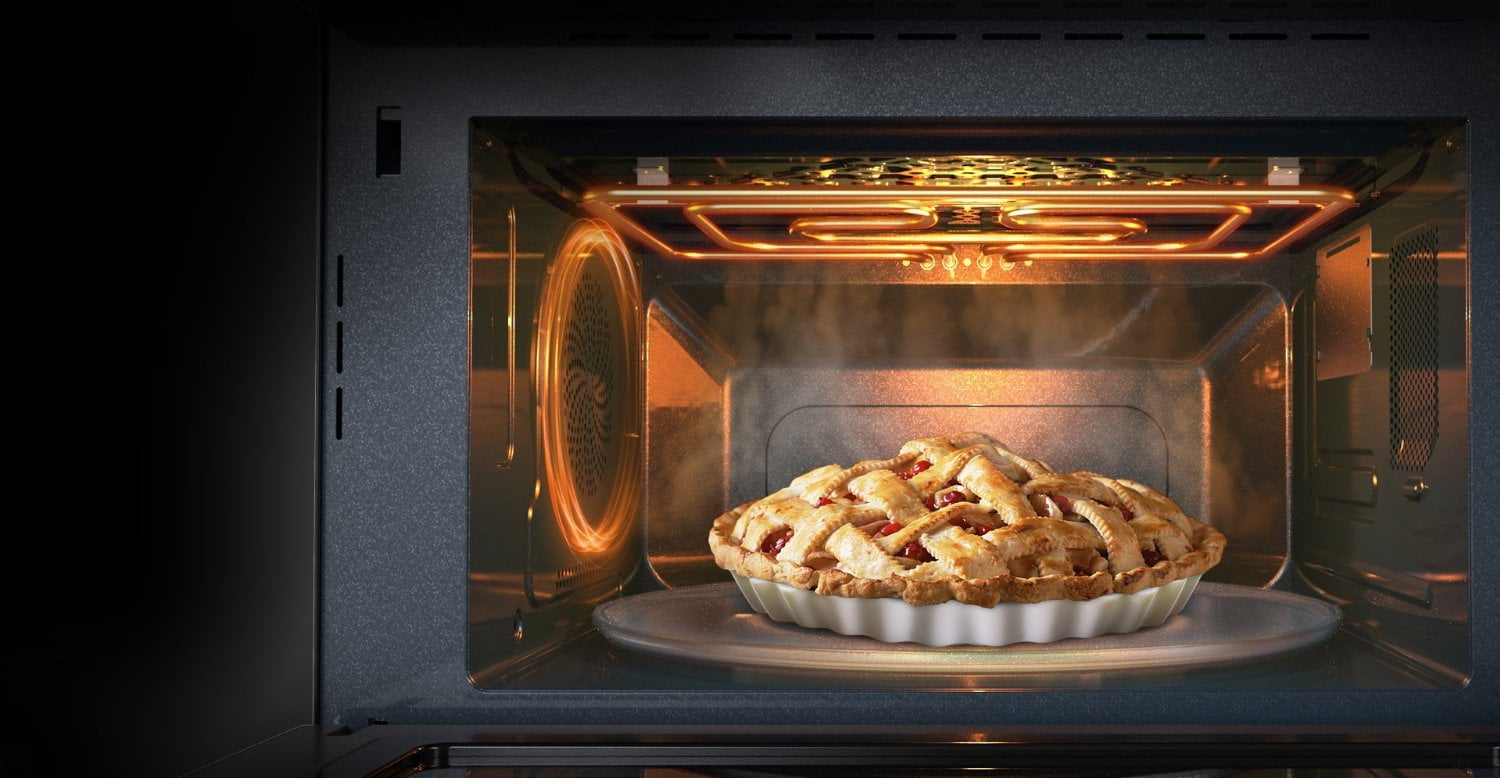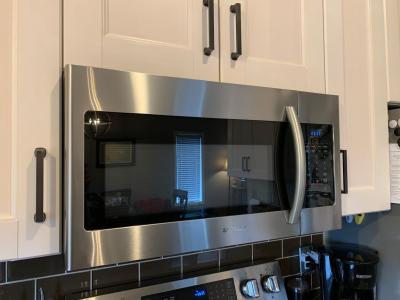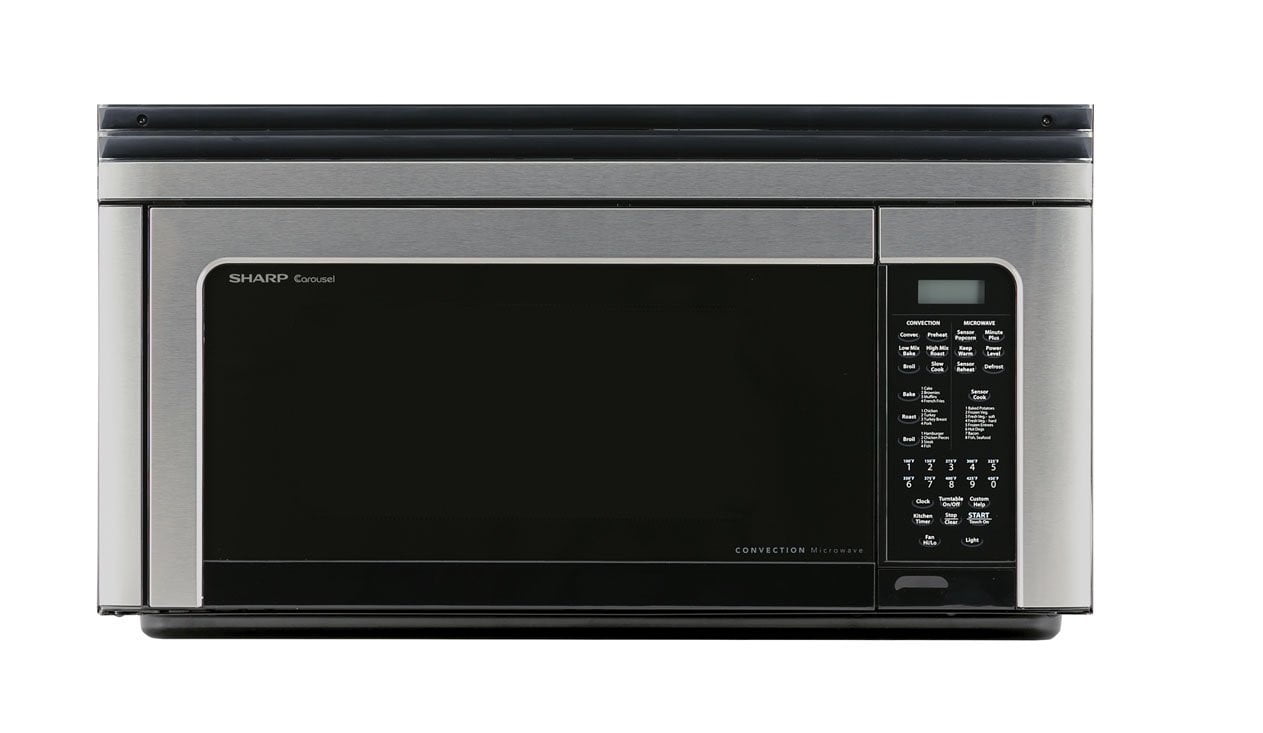If your microwave blows a fuse when started, you most likely have an issue with the microwave oven’s high-voltage capacitor, though there are a few other issues that can cause this to happen. It can happen even to the best microwave oven models, and when it does, your microwave simply won’t heat anything.
KEY TAKEAWAYS:
- A failed high-voltage capacitor is usually the reason for a blown thermal fuse or main fuse in a microwave oven and is designed that way as a failsafe.
- Malfunctioning door switches, loose screws or other metal objects inside the heating chamber, or simply a defective or improperly installed fuse in a new microwave can sometimes be the culprit.
- Regardless of the cause of a blown fuse, any needed repairs should be done by a professional for safety reasons, and can often cost as much as the price of a new microwave, which is often the most practical option.
Here’s how to check for a problem with the high-voltage capacitor and how to fix it, as well as a few other reasons you might be blowing fuses whenever you turn your microwave on. While you’re here you can also find an answer to other common issues such as food heating unevenly in your microwave.
Insider Tip
Simple checks you can try before deciding on any repairs or replacements include checking the heating chamber for loose screws or other metal objects and checking to be sure the door is closing properly.
High-Voltage Capacitor Issues
The high-voltage capacitor in a microwave oven stores large amounts of electricity which gets released to the magnetron (which is actually what produces the microwaves) when the microwave is being used. Because of the high levels of electricity, it stores, the capacitor is designed with a failsafe, regardless of the quality of the model.
If the capacitor malfunctions or becomes defective, it will intentionally blow a fuse when started and not even the internal lights will function. While you can test the capacitor yourself using a multimeter and checking for electrical continuity, it’s often a redundant operation that is also difficult and dangerous for most users.
There are a few reasons why the high-voltage capacitor shorts out or becomes defective.
- If the microwave is new model and the capacitor fails and causes a blown fuse, it’s likely the it was defective when installed, or damaged during transport.
- In an older microwave, the capacitor can fail simply due to wear and tear from normal use. The older the microwave and more it’s used, the more likely this is to happen.
- Lastly, a large surge in electricity- such as one that occurs with a lightning strike- can cause the capacitor to short out
Replacing the High-Voltage Capacitor
If your capacitor has failed, you have the option to replace it, however, that may not be the best option available to you. DIY parts replacement for microwaves can be a dangerous and difficult process because of the large amounts of energy microwaves store even when unplugged, and the need to disassemble and remove major parts such as the microwave cover in order to access most internal components.
Additionally, a replacement capacitor itself can be expensive, and most manufacturers strongly recommend having a professional replace it due to the potential for injury from shock. Since the hourly rate of microwave repair can be anywhere from $70-$150, replacing the capacitor may be more expensive than simply buying a new microwave.
Lastly, a power surge through a circuit breaker that causes a shorted capacitor can (and often does) cause damage to other components, in which case a replacement microwave is almost always the best option. Consider all of these factors when deciding how to deal with a failed capacitor.
Other Possible Causes of a Blown Microwave Fuse
While the capacitor is usually the culprit when it comes to blown fuses, there are a few other issues that can cause a fuse to blow.
- Occasionally a failed cooling fan- either from normal wear and tear, accumulated dust, grease, or some other obstruction- can cause a blown fuse. You may want to check the cooling fan for obvious obstructions before moving forward with other possible replacement or repair options.
- A loose screw or another metal piece inside the microwave could cause a short circuit- you can look inside the heating chamber to see if there’s anything visible. Otherwise, you’d have to open up the microwave’s body, which requires discharging the capacitor first.
- The door interlock switches malfunctioning can cause the microwave to shut down and blow a fuse if the door won’t close properly when in use- this is to prevent microwaves from leaking out while cooking food and is another failsafe. This is another complicated repair/replacement that requires a discharge and is best left to professionals.
Warning
Regardless of the cause of the blown fuse, keep in mind that most microwave oven repairs are best done by professionals because of their potential danger, and can cost for replacements or repair can actually exceed that of the cost of a new microwave.
F.A.Q.S
Can I use any 20 amp fuse in my microwave?
No, you can’t use any available 20 amp fuse in your microwave, this could cause damage to various electrical components and potentially be dangerous. You must consult your owner’s manual or the manufacturer’s website to determine the exact type (or types, since many models have multiple fuses) of fuse your microwave uses.
Which fuse usually gets blown in a microwave?
Many microwaves have multiple fuses, but for the most part, the fuse that fails is the main or “line” fuse. If you do want to attempt a replacement, you should consult your owner’s manual to locate the main fuse.
How do I replace the high-voltage capacitor?
A microwave’s capacitor can be replaced by purchasing a replacement (from the manufacturer, usually) and while it can be done by the user, it can be a difficult operation that carries a safety concern due to the chance of serious electrical shock, and is best done by a professional- often a new microwave is the better option.
STAT: A 1000 watt microwave oven will actually use approximately 1700 watts during use. (source)
STAT: The majority of issues with fuses in microwaves are due to failed capacitors. (source)
STAT: Microwave ovens store large amounts of electricity in their capacitor even when unplugged and in general use much more power than most kitchen appliances. (source)
REFERENCES:
- https://www.youtube.com/watch?v=SA_aMV88rw8&ab_channel=12voltvids
- https://en.wikipedia.org/wiki/Microwave_oven
- https://www.ncbi.nlm.nih.gov/pmc/articles/PMC4884883/r
- https://www.fda.gov/radiation-emitting-products/home-business-and-entertainment-products/microwave-ovens
- https://www.youtube.com/watch?v=OELwvN2MpCo&ab_channel=FuseHVACR%2CElectrical%26Plumbing

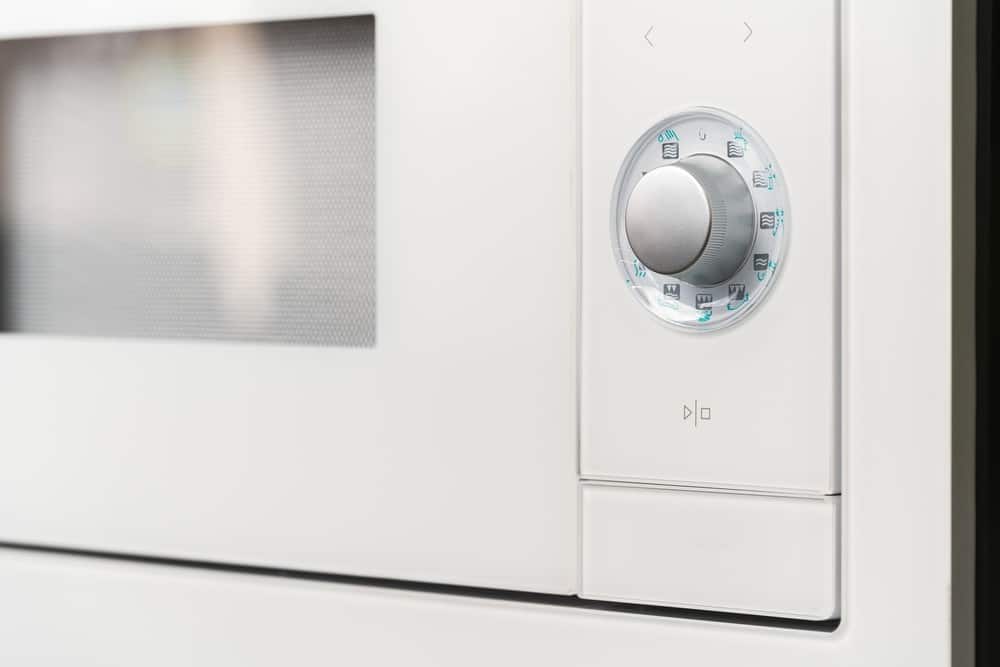














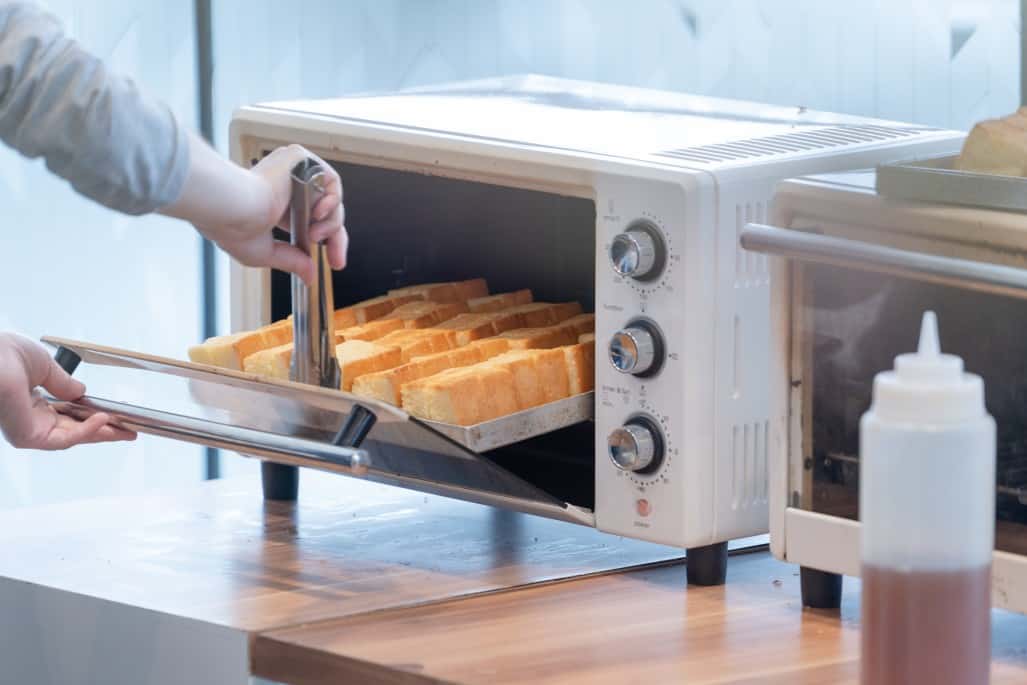
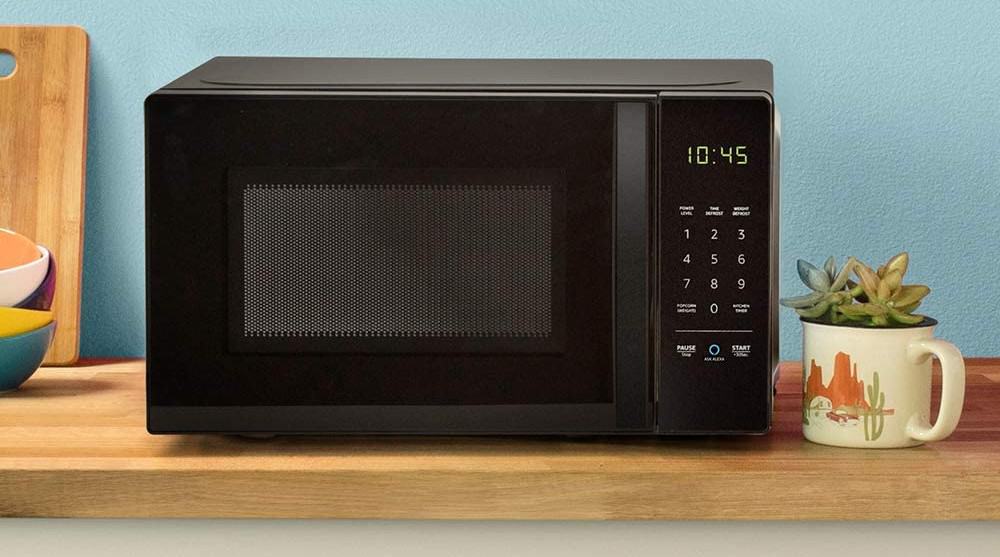

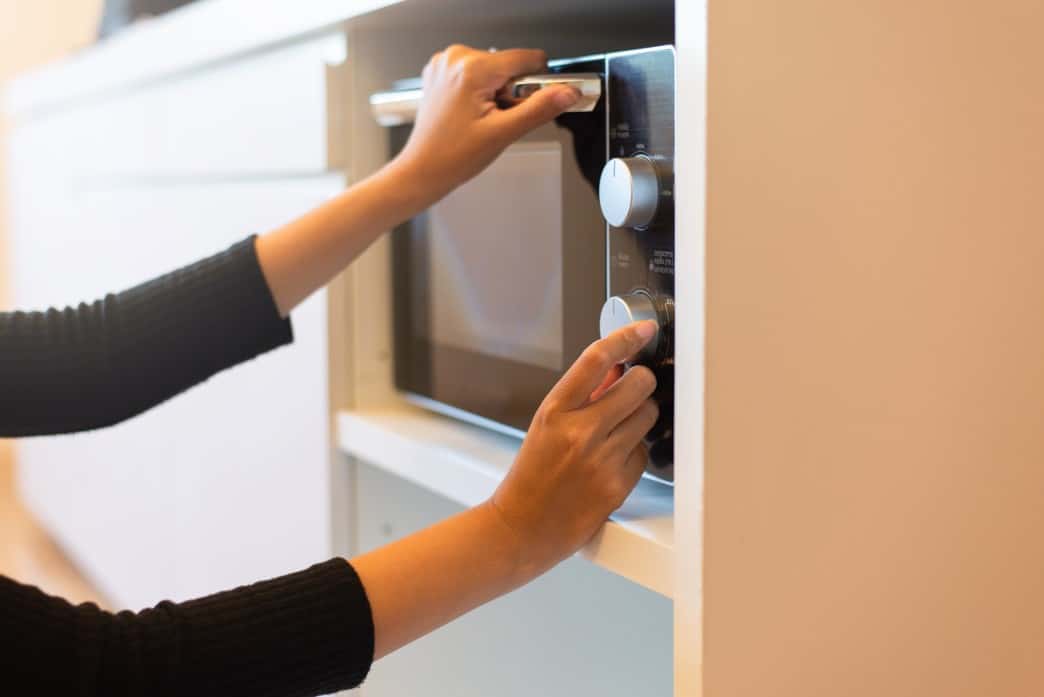
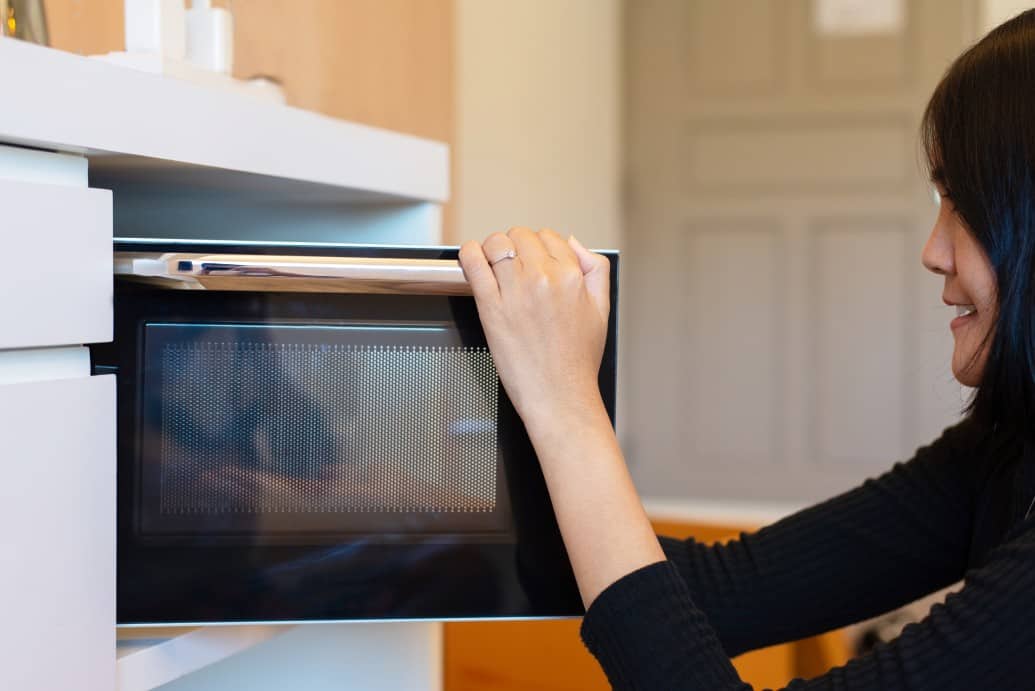
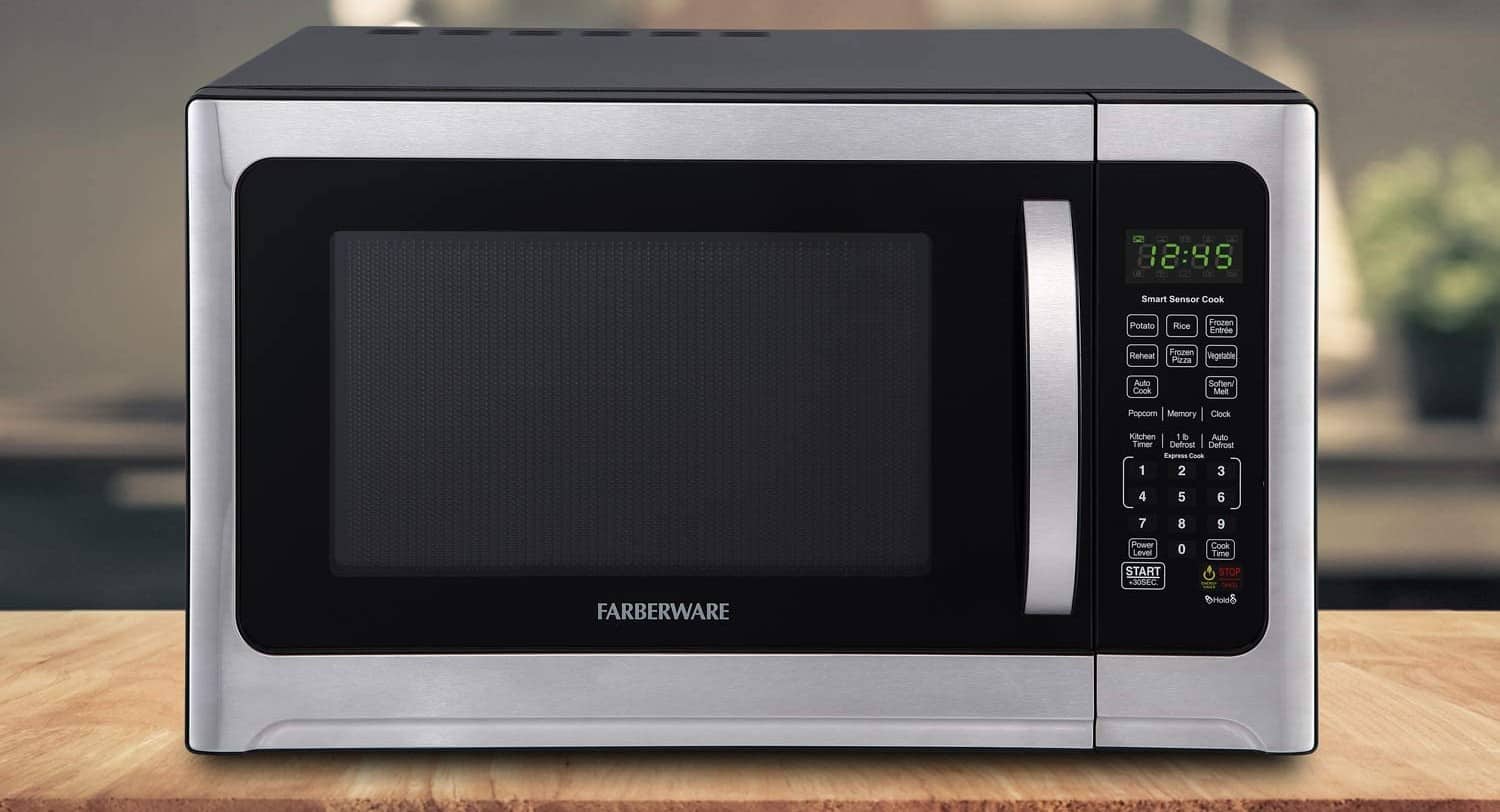
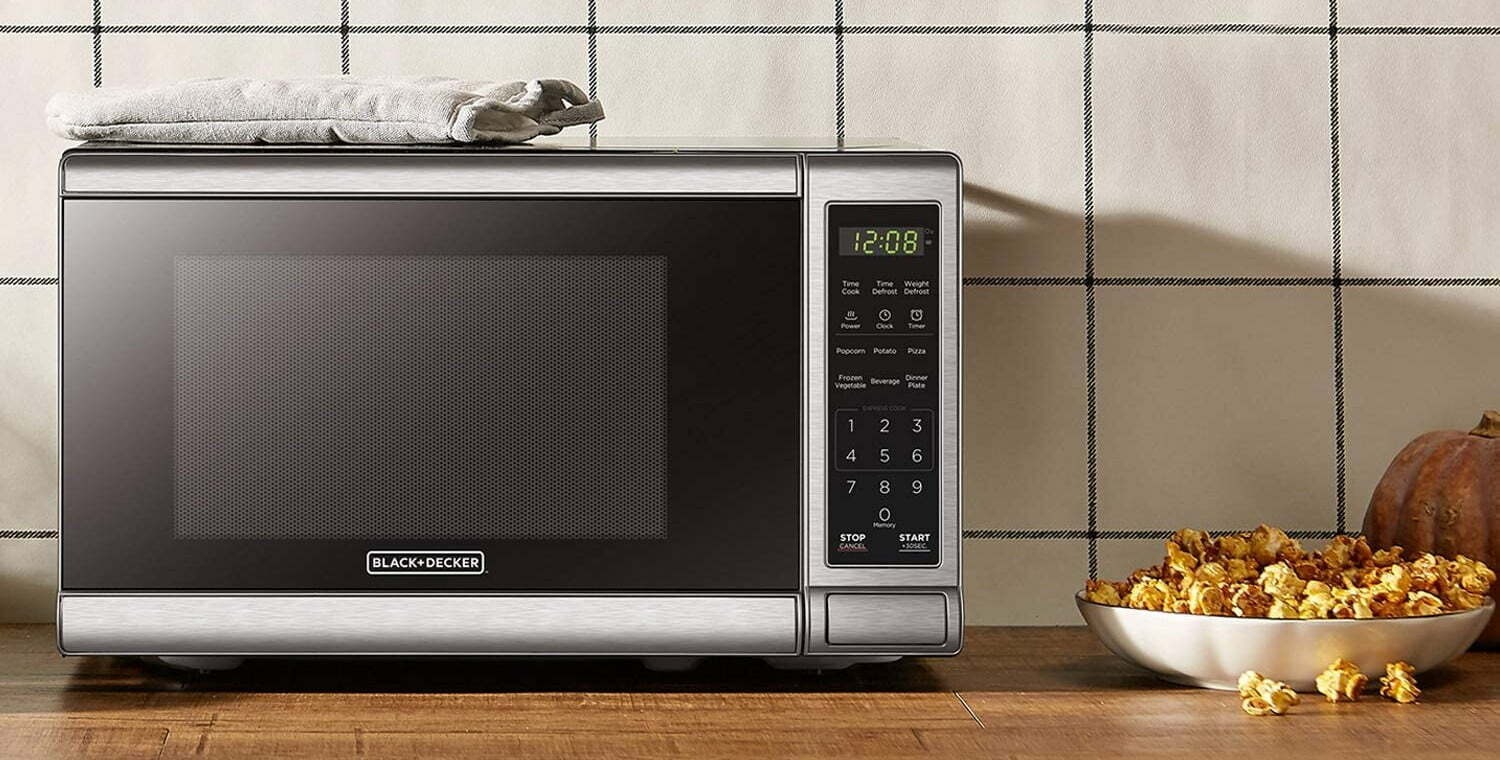
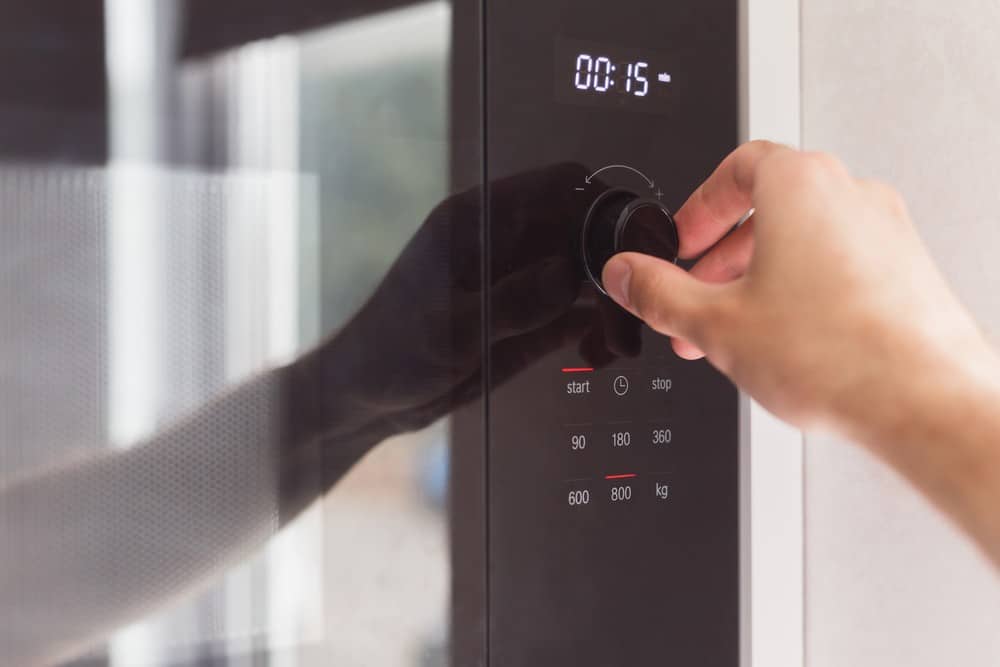
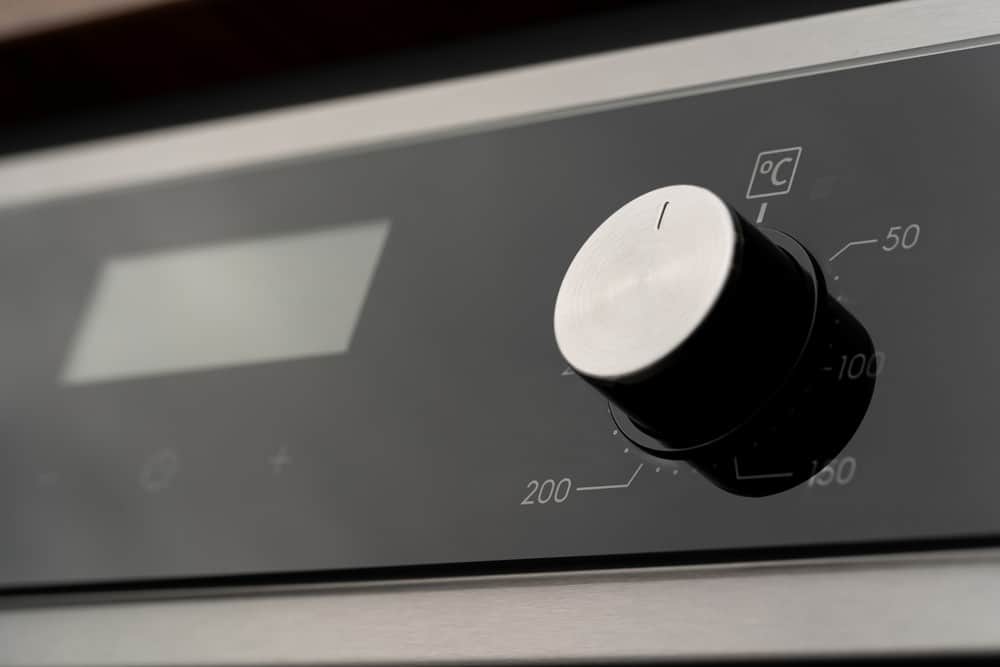
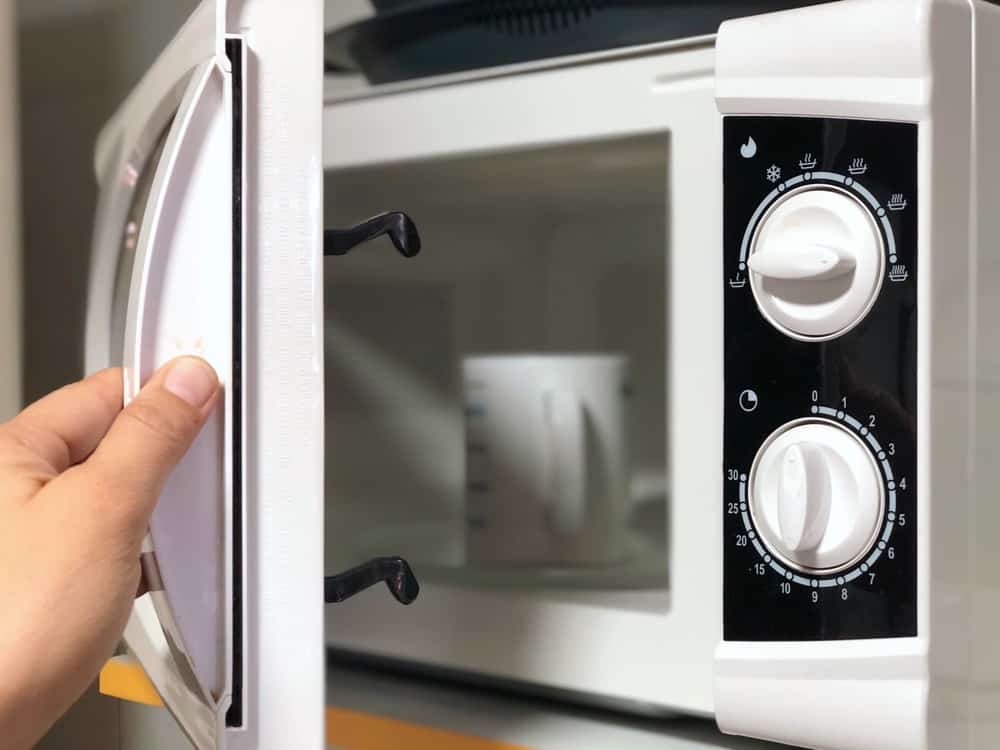

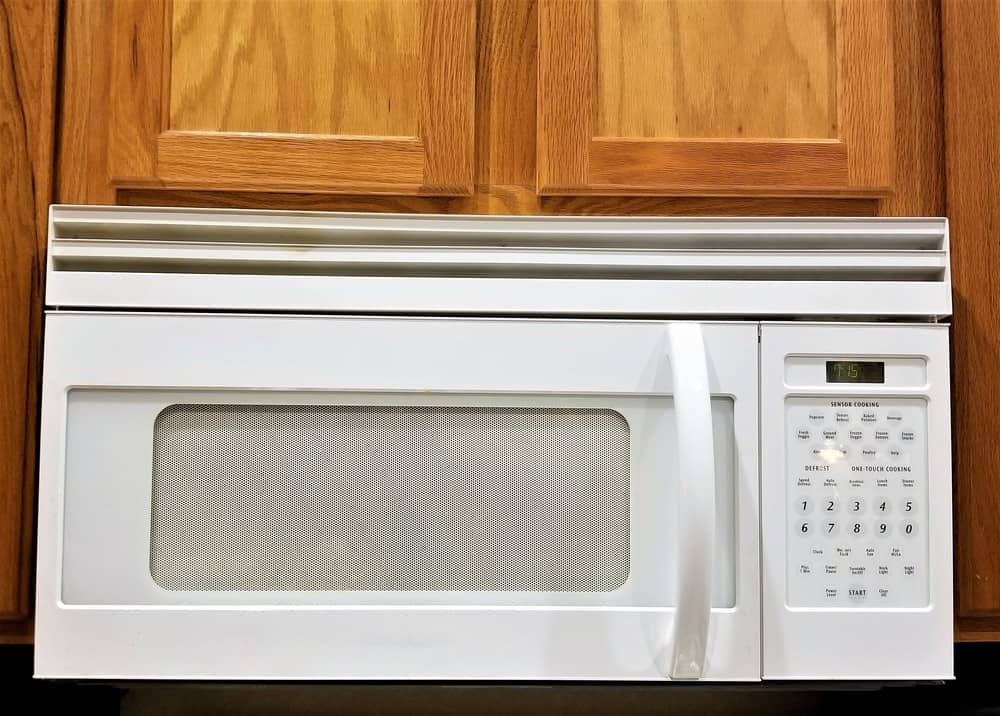
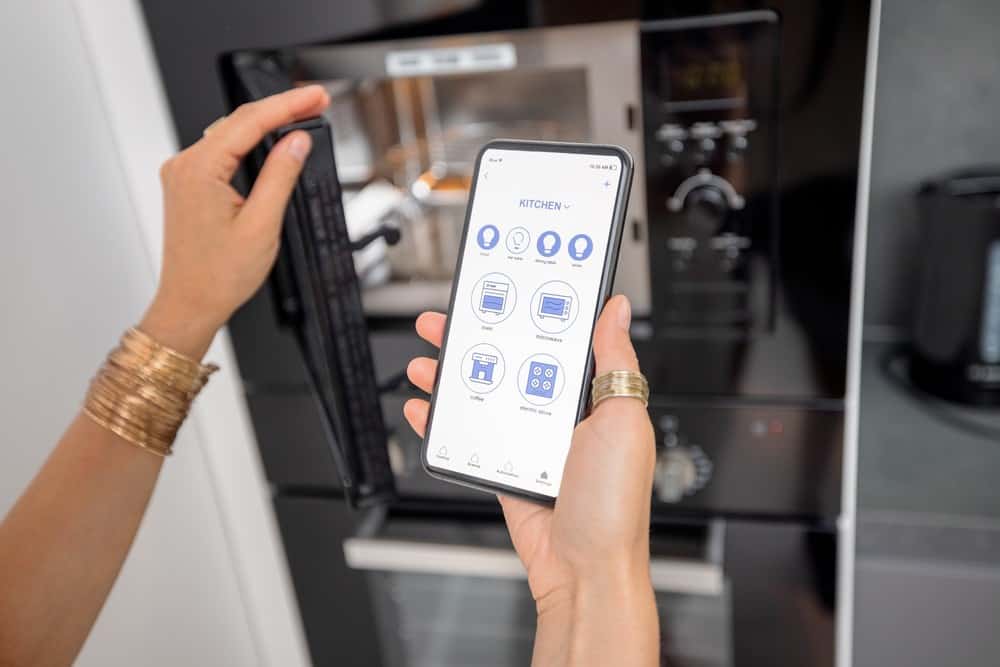



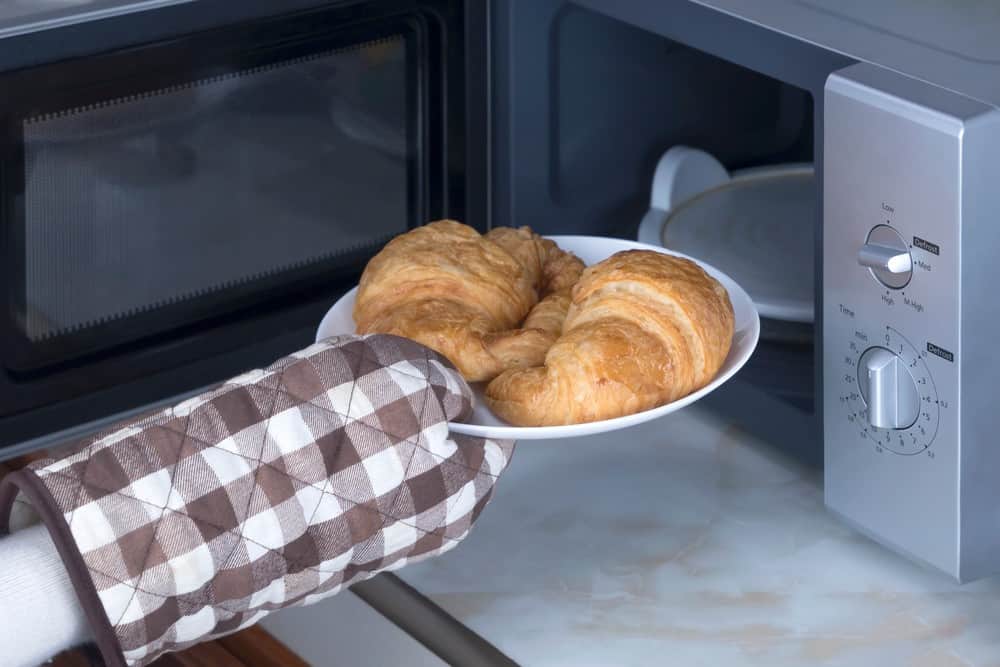
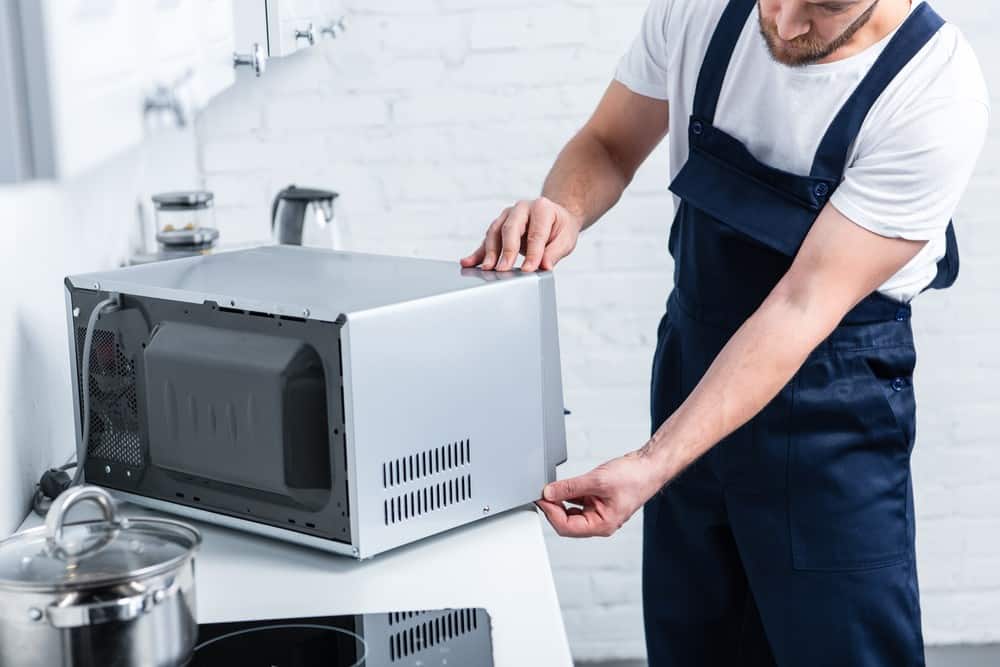
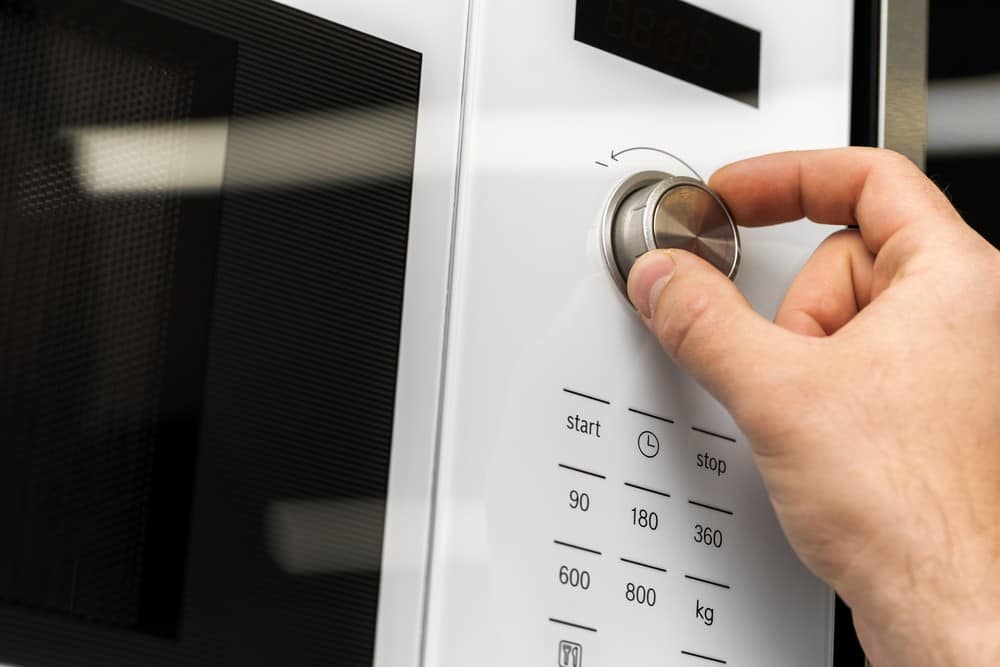
![Best Kitchen Appliances in [year] ([month] Reviews) 27 Best Kitchen Appliances in 2025 (December Reviews)](https://www.gadgetreview.dev/wp-content/uploads/best-kitchen-appliances.jpg)
![Best Whirlpool Microwaves in [year] 28 Best Whirlpool Microwaves in 2025](https://www.gadgetreview.dev/wp-content/uploads/best-whirlpool-microwaves-image.jpg)
![Best Microwave Drawers in [year] 29 Best Microwave Drawers in 2025](https://www.gadgetreview.dev/wp-content/uploads/best-microwave-drawer-image.jpg)
![Best Quiet Microwaves in [year] 30 Best Quiet Microwaves in 2025](https://www.gadgetreview.dev/wp-content/uploads/best-quiet-microwave-image.jpg)
![Best LG Microwaves in [year] 31 Best LG Microwaves in 2025](https://www.gadgetreview.dev/wp-content/uploads/best-lg-microwaves-image.jpg)
![Best Microwaves in [year] ([month] Reviews) 32 Best Microwaves in 2025 (December Reviews)](https://www.gadgetreview.dev/wp-content/uploads/best-microwaves-image.jpg)
![Best Over the Range Convection Microwaves in [year] 33 Best Over the Range Convection Microwaves in 2025](https://www.gadgetreview.dev/wp-content/uploads/best-over-the-range-convection-microwave-image.jpg)
![Best Retro Microwaves in [year] 34 Best Retro Microwaves in 2025](https://www.gadgetreview.dev/wp-content/uploads/best-retro-microwave-image.jpg)
![Best GE Microwaves in [year] 35 Best GE Microwaves in 2025](https://www.gadgetreview.dev/wp-content/uploads/best-ge-microwaves-image..jpg)
![10 Best Samsung Microwaves in [year] 36 10 Best Samsung Microwaves in 2025](https://www.gadgetreview.dev/wp-content/uploads/best-samsung-microwaves-image.jpg)
![10 Best Microwaves for Seniors in [year] 37 10 Best Microwaves for Seniors in 2025](https://www.gadgetreview.dev/wp-content/uploads/best-microwaves-seniors-image.jpg)
![10 Best Microwave Toaster Oven Combo in [year] 38 10 Best Microwave Toaster Oven Combo in 2025](https://www.gadgetreview.dev/wp-content/uploads/best-microwave-toaster-oven-combo-scaled-1.jpg)
![10 Best Panasonic Microwaves in [year] 39 10 Best Panasonic Microwaves in 2025](https://www.gadgetreview.dev/wp-content/uploads/best-panasonic-microwaves.jpg)
![10 Best Microwaves for College Dorms in [year] 40 10 Best Microwaves for College Dorms in 2025](https://www.gadgetreview.dev/wp-content/uploads/best-microwaves-for-college-dorms.jpg)
![10 Best Compact Microwaves in [year] 41 10 Best Compact Microwaves in 2025](https://www.gadgetreview.dev/wp-content/uploads/best-compact-microwave-image.jpg)
![10 Best Convection Microwave Ovens in [year] 42 10 Best Convection Microwave Ovens in 2025](https://www.gadgetreview.dev/wp-content/uploads/best-convection-microwave-oven-image.jpg)
![10 Best Built In Microwaves in [year] 43 10 Best Built In Microwaves in 2025](https://www.gadgetreview.dev/wp-content/uploads/best-built-in-microwave-image.jpg)



